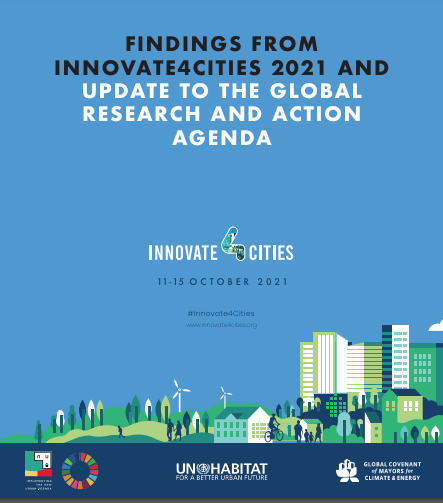4Revsピックアップ
2022年9月21日
注目される、都市の気候変動対策
#SDGs#エネルギー#サーキュラー#循環型経済#持続可能性#文化#気候変動#温室効果ガス#都市設計

【主な要点】
世界では、急速な都市化が続いています。国連の最新の推計によると、2018年には世界人口79億人のうち約55%が都市とその拡大した都市化地域に居住しています。2050年までには、人口の3分の2以上がこれらの場所に住み、今後30年間の人口増加の多くは都市(主に南半球の都市)で発生すると予測されています。
Sep 21, 2022
Urban climate solutions receiving increasing attention
#sdgs#energy#circular#circular-economy#sustainable#culture#climate-change#greenhouse-gases#urban-city-design
(Text)
The world continues to experience rapid urbanisation. According to the most recent UN estimates approximately 55% of the world’s 7.9 billion inhabitants lived in cities and their extended urbanised regions in 2018. By the year 2050, it is projected that more than two-thirds of the population will live in these places and much of the population growth over the next 30 years will occur in cities (predominantly those of the Global South). As a well-recognized global mega-trend, it has become clear that cities and their expected growth represent both a significant challenge and opportunity for those focused on addressing the climate change crisis. Small and medium sized cities in the Global South, for example, have high levels of vulnerable populations and limited response capacity. At the same time, cities and their stakeholders and leaders have been well documented as being very innovative with respect to climate change adaptation and mitigation. It is in this multi-faceted and dynamic context that cities and their residents emerge as important actors in the global climate change response.
(Links)
Future Earth press release: https://futureearth.org/2022/05/11/future-earth-innovate4cities-report/
最新のピックアップ
-
2024年3月8日
Mar 8, 2024
lithium battery; energy transition; recycling; closed loop

-
2024年3月6日
Mar 6, 2024
Tomato Jos: Investment & Impact into Nigeria’s Tomato Industry

-
2024年3月4日
Mar 4, 2024
ネイチャー・ポジティブに資する 投資は、世界全体のわずか 3%に過ぎない
Only 3 per cent of global investments are nature- positive

-
2024年2月3日
Feb 3, 2024
Towards sustainable regenerative food systems

-
2024年1月4日
Jan 4, 2024
Climate adaptation – 150 options for water in agriculture

